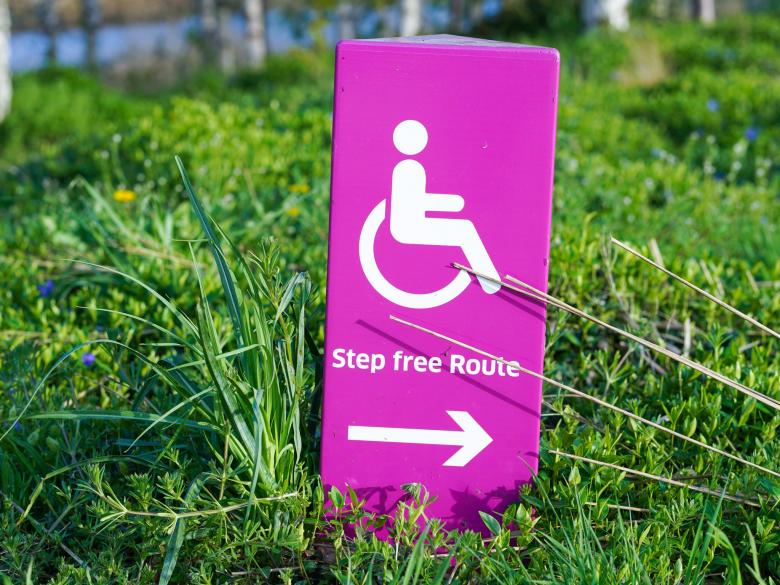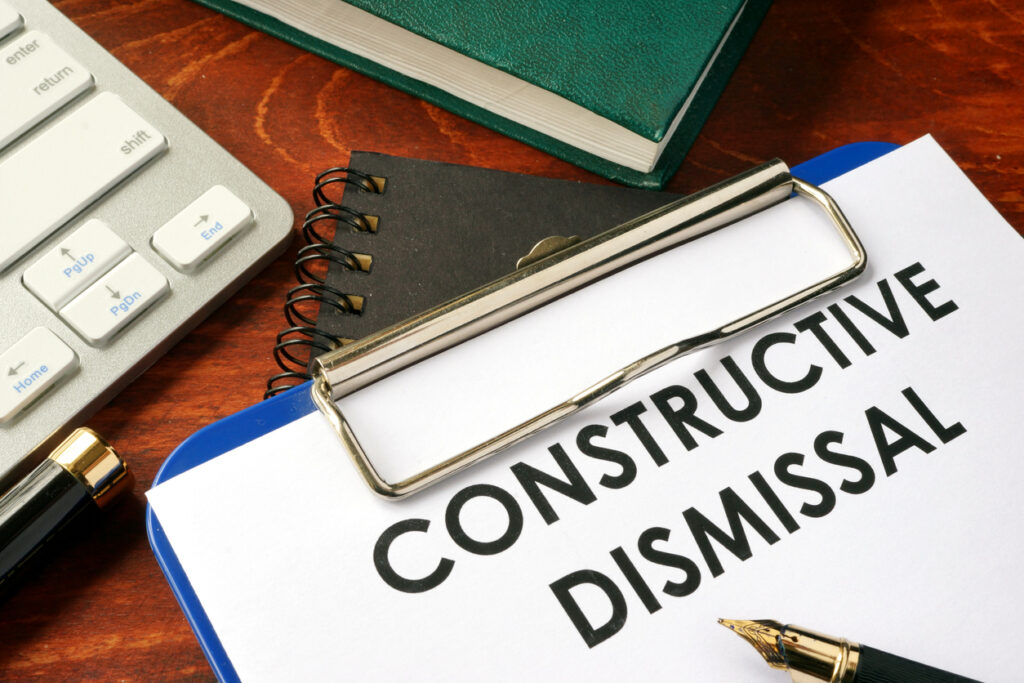
Supporting Employees with Long COVID
What is long COVID, and is an employee with it suffering from a disability?
Long COVID is the term used to describe the long-term effects of COVID-19, and employees could suffer from poor health for a long time after an initial COVID-19 infection. There are many different symptoms of long COVID, from exhaustion, breathing difficulties, continued fever, anxiety and stress, muscle weakness, or even heart or neurological problems. Medical knowledge about long COVID and its symptoms are still the subject of extensive research, but there is increasing medical evidence that a small but significant minority of people who contract COVID-19 can still be seriously affected months after falling ill.
Long COVID can affect anyone, although women under 50 are 50% more likely to suffer from COVID than men of a similar age. As risk factors linked to long COVID include age, weight, and ethnicity, employers must manage long COVID in a fair and open manner to avoid allegations of indirect race, sex, or age discrimination.
In short, it could be argued that sufferers of long COVID have a disability, although this is currently untested in court. Long COVID is likely to exacerbate a previously existing condition, meaning some sufferers are likely to meet the Equality Act 2010 definition of disability. Other protections in the Equality Act may also be triggered.
Equality Act 2010
Under the Equality Act 2010, to be protected from disability discrimination a person must have a physical or mental impairment which has a substantial and long-term effect on their ability to carry out everyday activities. This means that an employee with long COVID who has breathing difficulties and muscle weakness has a physical impairment which adversely affects their ability to carry out their normal activities. The effect of long COVID will vary depending on the employee and the severity of their symptoms.
The adverse effects of the impairment must be long term, meaning that they must have lasted, or are likely to last, at least 12 months, if not substantially longer. As COVID has only been present in the UK since January 2020, its long-term effects are only just beginning to be observed. Employers must treat each case individually, but it is beginning to look as if there will be enough long COVID cases to that meet the definition for protection as a disability. Therefore employers should assume that employees may well be protected by the Equality Act. Even if long COVID is not proven to be sufficiently long term, some employees suffering from long COVID are likely to have conditions which are exacerbated or triggered by the virus.
How can employers manage employees suffering from the effects of long COVID?
Employers can treat employees suffering from long COVID in a similar manner to those with other long-term conditions, although some extra considerations may be appropriate. Managers should follow any long-term absence procedures and understand the symptoms and reasons for any absences with the support of occupational health advisers where appropriate. Employees with long COVID should be entitled to any company or statutory sick pay just like any other employee on long-term sickness leave. However, because long COVID symptoms vary so discussions with individual employees will be necessary to identify if and how long COVID is affecting them, and to assess what sort of support they require, if any.
Some further points to consider include:
- After normal sick leave provisions, employers could consider a phased return to work.
- Other ways to manage an employee’s return include adjustments to working hours, either temporary or permanent, and continued homeworking.
- There may be health insurance provision – employers will need to check if employees with long COVID are covered. Some insurers already offer long COVID packages of rehabilitation time and therapy where staff can be referred by employers after an absence of four to six weeks.
Permanent Health Insurance (PHI)
Some employers may have PHI which covers staff on long-term sick leave. Employers must generally meet eligibility criteria which can link to being disabled under the Equality Act 2010. Insurance policies may pay out and give full or partial salary when sick pay ends. As long COVID is new there are currently no cases confirming that it meets the disability definition, and long COVID may exhibit related conditions like post-viral fatigue which are current classed as disabilities.
Disability
As mentioned above, employees with long COVID may have a disability, so employers should consider what adjustments to duties, working from home, or flexible hours could help them return to the workplace once it is safe to do so. Flexible working may be needed as people may be able to work on some days better than others, as with those diagnosed with ME. Employers should also ensure that their treatment of these employees is fair, according to the Equality Act 2010.
Need updated policies to help manage long COVID in the workplace? In-House HR helps businesses with the necessary HR procedures by taking the strain of people management out of your organisation. Our service not only allows you to centralise your personnel records in one secure place, but also saves you time by providing documents and policies necessary for your business, and customised for your ease. Clocked-In, our absence management system, does more than manage absence. It also provides you with employee performance reviews, a built-in organisation chart, and an emergency roll call, among other features. To learn more about In-House HR and Clocked-In, visit the features pages on our website, or email us at info@in-househr.co.uk. We look forward to hearing from you.





